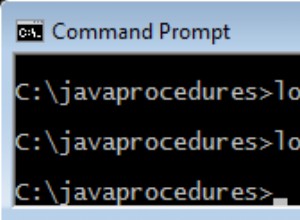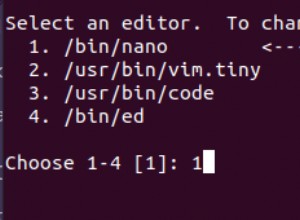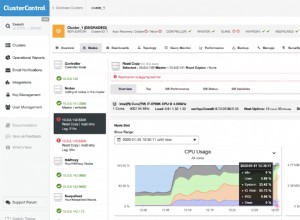Warnung: mysql_* Die Erweiterung ist ab PHP 5.5.0 veraltet und wurde ab PHP 7.0.0 entfernt. Stattdessen kann entweder der mysqli
oder PDO_MySQL
Erweiterung verwendet werden soll. Siehe auch die MySQL-API-Übersicht
für weitere Hilfe bei der Auswahl einer MySQL-API.
Wenn möglich, sollte das Importieren einer Datei in MySQL an den MySQL-Client delegiert werden.
Ich habe eine andere Möglichkeit, dies zu tun, versuchen Sie dies
<?php
// Name of the file
$filename = 'churc.sql';
// MySQL host
$mysql_host = 'localhost';
// MySQL username
$mysql_username = 'root';
// MySQL password
$mysql_password = '';
// Database name
$mysql_database = 'dump';
// Connect to MySQL server
mysql_connect($mysql_host, $mysql_username, $mysql_password) or die('Error connecting to MySQL server: ' . mysql_error());
// Select database
mysql_select_db($mysql_database) or die('Error selecting MySQL database: ' . mysql_error());
// Temporary variable, used to store current query
$templine = '';
// Read in entire file
$lines = file($filename);
// Loop through each line
foreach ($lines as $line)
{
// Skip it if it's a comment
if (substr($line, 0, 2) == '--' || $line == '')
continue;
// Add this line to the current segment
$templine .= $line;
// If it has a semicolon at the end, it's the end of the query
if (substr(trim($line), -1, 1) == ';')
{
// Perform the query
mysql_query($templine) or print('Error performing query \'<strong>' . $templine . '\': ' . mysql_error() . '<br /><br />');
// Reset temp variable to empty
$templine = '';
}
}
echo "Tables imported successfully";
?>
Das funktioniert bei mir




